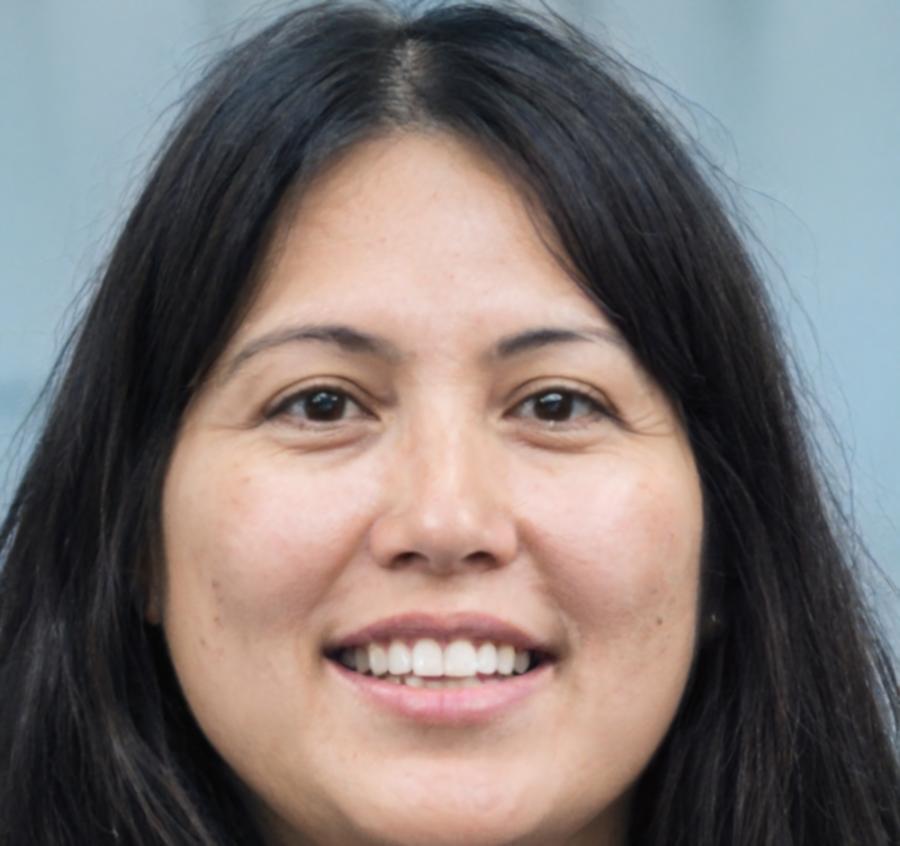Sales Analytics Training with Real Industry Experience
Our instructors have spent years in the field—building dashboards, presenting to executives, and making sense of messy data. Now they're sharing what actually works when you're sitting in front of a spreadsheet at 4pm on a Thursday.
Talk to an InstructorMeet the People Teaching This Program
We don't hire academics who've never worked with real sales data. Our instructors have managed reporting teams, dealt with incomplete datasets, and explained quarter-over-quarter trends to skeptical stakeholders. They know what you'll face because they've been there.

Garrett Walsh
Lead Analytics Instructor
Spent eight years as a sales operations analyst for a mid-sized software company. Built their first proper reporting system from scratch after inheriting a nightmare of disconnected spreadsheets. Knows Excel shortcuts you've never heard of.

Celeste Montoya
Visualization Specialist
Former regional sales manager who got tired of terrible reports and learned to make better ones herself. Now teaches others how to create dashboards that executives actually look at. Strong opinions about pie charts (she hates them).

Vernon Beckett
Advanced Methods Instructor
Runs a small consulting practice helping companies fix their sales reporting. Before that, managed analytics for a distribution company with 200+ sales reps across twelve states. Specializes in forecasting models that actually prove useful.
How We Teach This Stuff
You won't sit through hours of lectures about statistical theory. Instead, we give you real sales data—the kind with inconsistencies and missing entries—and walk you through cleaning it, analyzing it, and presenting findings that non-technical people can understand.
- Work with actual sales datasets that have the same problems you'll encounter at work
- Get feedback on your reports from people who've presented to C-level executives
- Learn shortcuts and workarounds that save hours each week
- Practice explaining technical findings in plain language
Our next cohort starts in November 2025. Classes meet twice weekly for twelve weeks, with additional lab time available if you need help on specific projects. Most students spend about 8-10 hours per week on coursework.

Questions People Actually Ask
These come straight from our enrollment calls and office hours. If you're wondering about something else, just email us.
